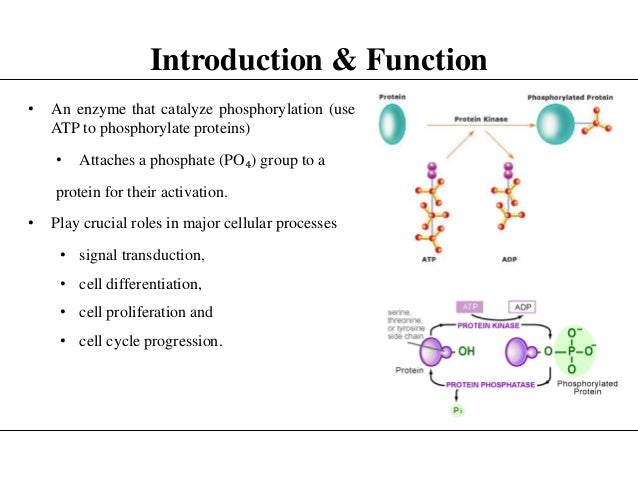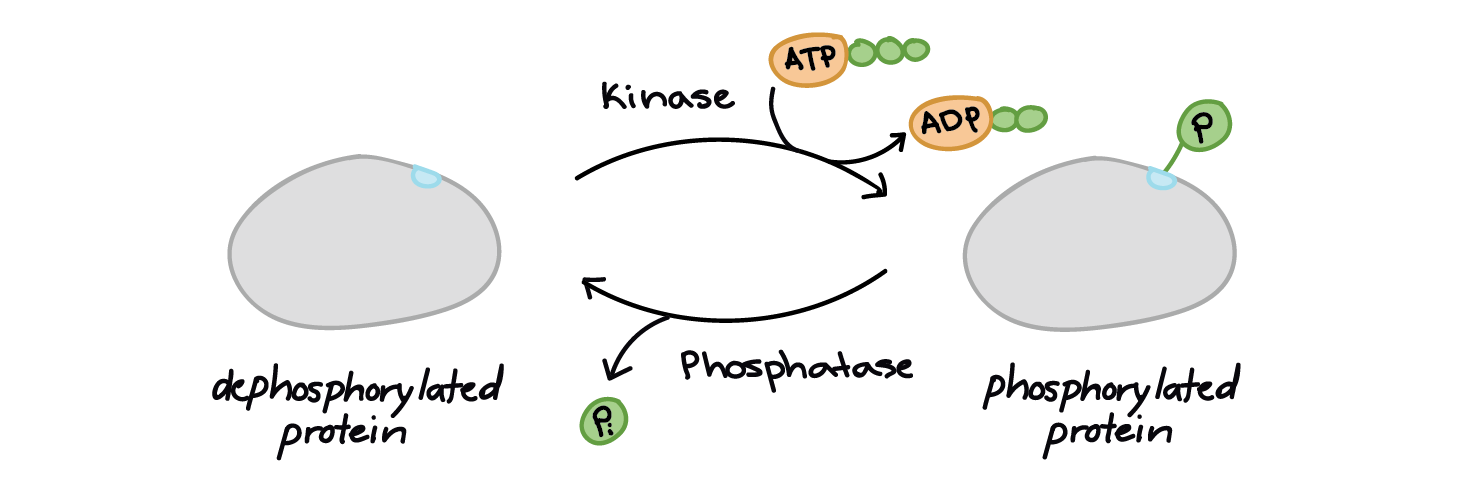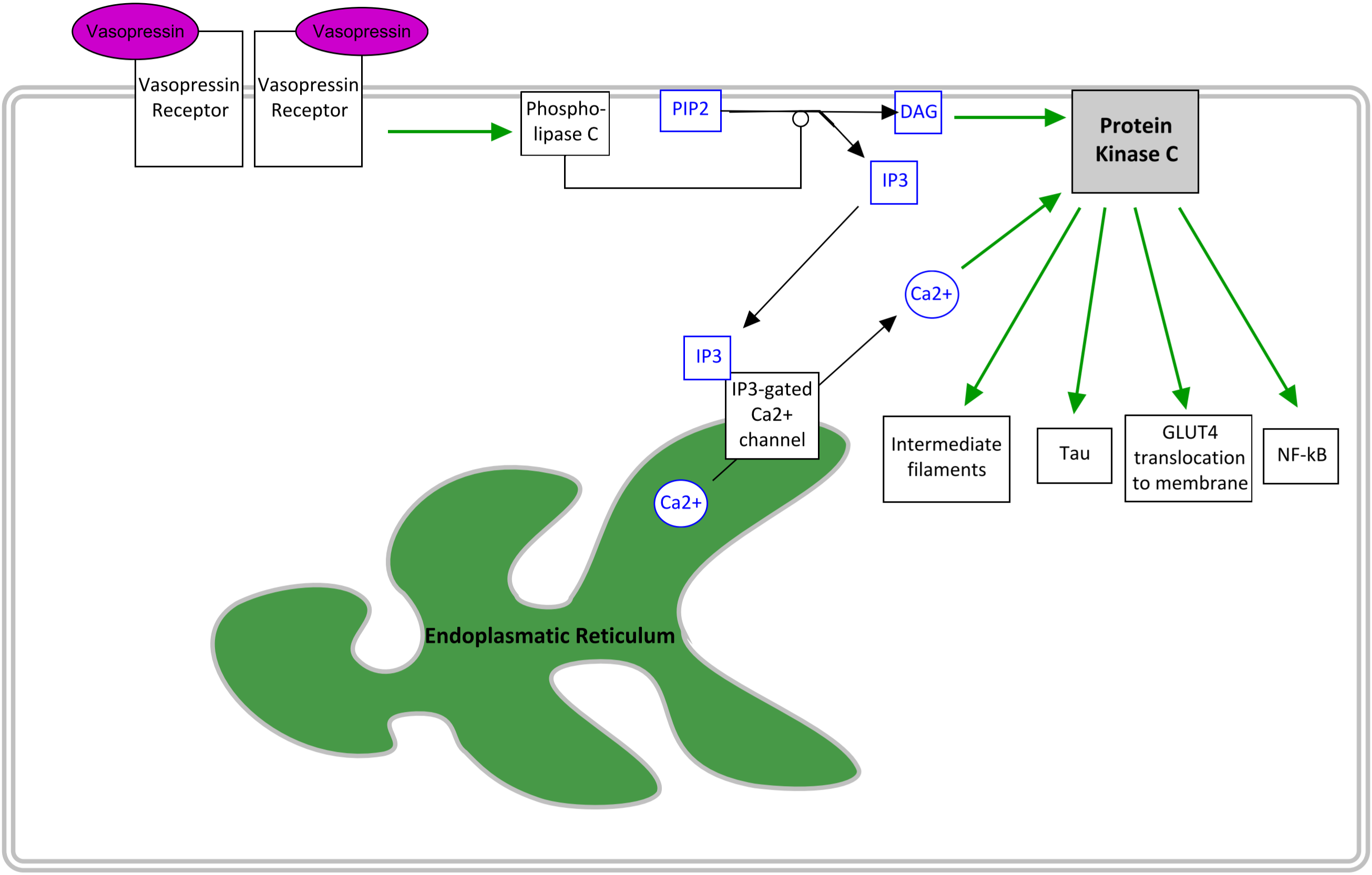what is the function of kinase enzyme Enzyme receptors kinases kinase phosphatases pharmacology signaling
In the fascinating world of pharmacology, one of the key concepts to understand is the role of enzyme-linked receptors. These receptors play a crucial role in transmitting signals within our bodies and are the target of many therapeutic drugs. To delve deeper into this topic, let’s explore the principles of enzyme-linked receptors and their significance in pharmacology.
Enzyme-Linked Receptors Explained
Enzyme-linked receptors are a specific type of cell surface receptor that possess intrinsic enzymatic activity. In simpler terms, they are receptors that have the capacity to act as enzymes themselves. This unique characteristic sets them apart from other receptors and contributes to their diverse roles in cellular signaling.
 One example of an enzyme-linked receptor is the protein kinase receptor. This receptor acts by phosphorylating other proteins, thereby modulating their function and initiating various signaling pathways. Protein kinases are involved in a wide range of cellular processes, including cell growth, differentiation, and survival.
One example of an enzyme-linked receptor is the protein kinase receptor. This receptor acts by phosphorylating other proteins, thereby modulating their function and initiating various signaling pathways. Protein kinases are involved in a wide range of cellular processes, including cell growth, differentiation, and survival.

When neurons are activated in a specific pattern, protein kinases are activated as well. They phosphorylate certain proteins that are involved in the synaptic connections between neurons. This phosphorylation event strengthens these connections, a process known as long-term potentiation (LTP). LTP is believed to be the cellular basis of learning and memory.
On the other hand, certain protein kinases can also have the opposite effect. They can phosphorylate other proteins that are responsible for weakening synaptic connections, a process called long-term depression (LTD). LTD is essential for forgetting or eliminating unnecessary connections, enabling the brain to selectively retain information.
Furthermore, protein kinases are involved in neuroplasticity, which refers to the brain’s ability to reorganize itself by forming new neural connections. This is particularly important during brain development, as well as during the process of recovery following brain injury or stroke.
Understanding the function of protein kinases in plasticity has significant implications in various fields such as neuroscience and pharmacology. Researchers are actively studying these enzymes to identify potential therapeutic targets for cognitive disorders, neurodegenerative diseases, and mental health conditions.
In conclusion, enzyme-linked receptors, particularly protein kinases, are critical players in cellular signaling and the regulation of plasticity in the brain. Their enzymatic activity allows them to initiate crucial signaling pathways and modulate the function of various proteins. By unraveling the complexities of enzyme-linked receptors, researchers aim to uncover new therapeutic approaches that can effectively manipulate these receptors for the treatment of a wide range of conditions and diseases.
If you are searching about How do protein kinases function in plasticity? — Brain Stuff you’ve came to the right place. We have 5 Pics about How do protein kinases function in plasticity? — Brain Stuff like What Do Kinases Do - slideshare, 13. Enzyme-Linked Receptors – Principles of Pharmacology – Study Guide and also Protein Kinase C pathway – greek.doctor. Here it is:
How Do Protein Kinases Function In Plasticity? — Brain Stuff

Final Shweta Protein Kinase Cascade
 www.slideshare.netkinase enzyme shweta phosphorylation
www.slideshare.netkinase enzyme shweta phosphorylation
- Enzyme-Linked Receptors – Principles Of Pharmacology – Study Guide
 open.lib.umn.eduenzyme receptors kinases kinase phosphatases pharmacology signaling
open.lib.umn.eduenzyme receptors kinases kinase phosphatases pharmacology signaling
What Do Kinases Do - Slideshare
 slidesharenow.blogspot.comtransduction kinases khan signaling
slidesharenow.blogspot.comtransduction kinases khan signaling
Protein Kinase C Pathway – Greek.doctor
 greek.doctorkinase protein pathway greek doctor activated signal pathways many
greek.doctorkinase protein pathway greek doctor activated signal pathways many
13. enzyme-linked receptors – principles of pharmacology – study guide. Transduction kinases khan signaling. Final shweta protein kinase cascade